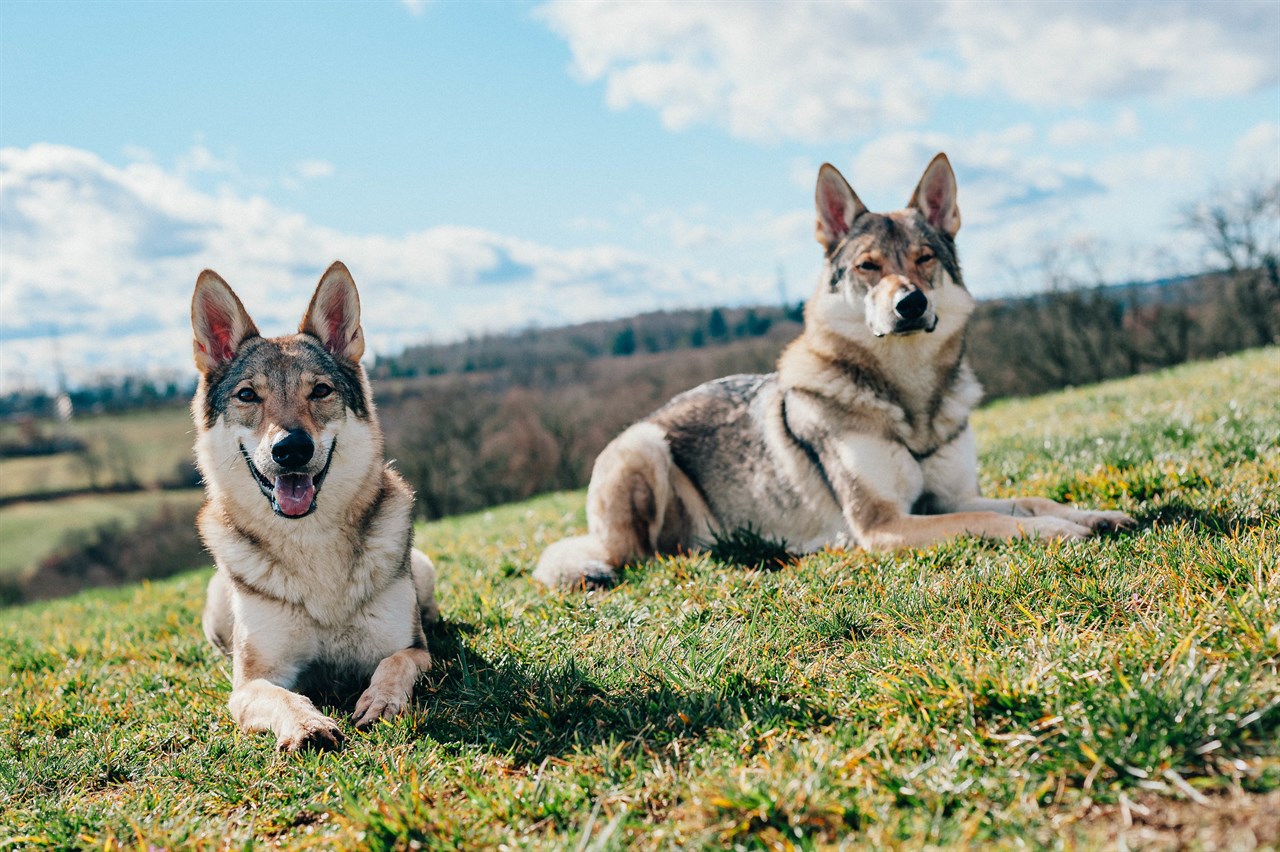Feeding Habits and Food Requirements of Tamaskan Dogs: Nourishing the Wolf-Like Appetite

Understanding the dietary needs and feeding habits of Tamaskan dogs is essential for maintaining their health, energy, and overall well-being. Tamaskans are a medium to large breed with specific nutritional requirements. Here's what you need to know about their feeding habits and dietary needs.
Age-Appropriate Nutrition
The nutritional needs of Tamaskan dogs vary depending on their age. Puppies, adults, and seniors have different dietary requirements. Ensure you provide a balanced diet tailored to their life stage.
High-Quality Dog Food
Choose a high-quality commercial dog food that meets the nutritional standards set by reputable organisations like the Association of American Feed Control Officials (AAFCO). Look for options that list meat as the first ingredient and avoid foods with excessive fillers and artificial additives.
Protein Requirements
Tamaskans, like many working and active breeds, benefit from a diet rich in high-quality protein. Aim for a dog food that contains between 18% and 25% protein content, which helps support their muscles and energy needs.
Fat Content
Adequate fat in their diet is essential to maintain a healthy coat, skin, and overall energy level. Look for a dog food with a fat content ranging from 8% to 15%.
Portion Control
Portion control is vital to prevent overfeeding and maintain a healthy weight. Follow the recommended feeding guidelines on the dog food packaging, but adjust the portions based on your Tamaskan's individual activity level and metabolism.
Meal Frequency
Tamaskan dogs typically do well with two meals a day, one in the morning and one in the evening. This feeding schedule helps regulate their energy levels and prevents overeating.
Fresh Water
Ensure your Tamaskan has access to fresh, clean water at all times. Hydration is crucial for their overall health.
Avoiding Human Foods
While it can be tempting to share your food with your Tamaskan, it's essential to avoid feeding them human foods, especially those that are toxic to dogs, such as chocolate, onions, grapes, and certain spices.
Special Dietary Considerations
Some Tamaskans may have food allergies or sensitivities, which may require a specialised diet. If you suspect your dog has food allergies, consult with a veterinarian to determine an appropriate dietary plan.
Regular Vet Checkups
Schedule regular vet checkups to monitor your Tamaskan's overall health, including their weight and dietary needs. Your vet can provide guidance on maintaining a healthy diet for your specific dog.
In conclusion, providing the right nutrition is crucial to the health and well-being of Tamaskan dogs. Feeding them high-quality dog food, portion control, and age-appropriate meals are key factors in ensuring they have the energy and vitality they need to lead an active lifestyle. Consulting with a veterinarian for personalised dietary recommendations is always a wise choice to meet the specific needs of your Tamaskan.